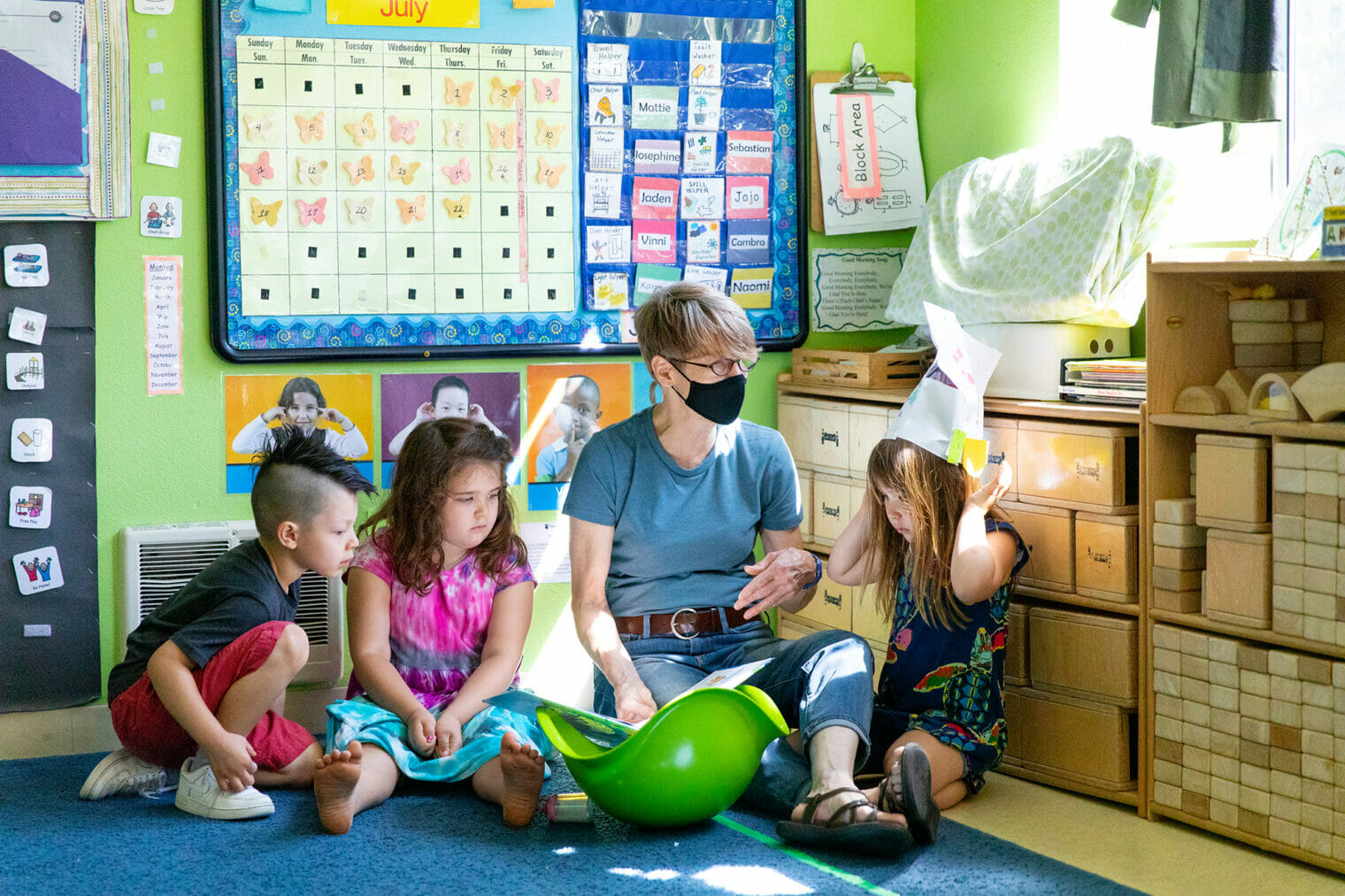Your cart is currently empty!

Play-Based Therapy
Play-based therapy is a type of psychotherapy that uses activities to help children develop social, emotional, and behavioral skills. Play-based therapy provides a fun and engaging environment for children to learn and practice critical skills naturally and developmentally appropriate. Play therapy is often employed for children with a history of trauma or abuse by allowing them to process and express themselves through play with dolls and other toys.
Play materials help children explore their emotions, practice social skills, and develop problem-solving and communication skills. The therapist may also use role-playing, storytelling, and imaginative play to assist the child in working through difficult experiences or challenges.
Responses to “Play-Based Therapy”
rDnvpJH6fTG
KO7lWkTxHKu
IMG649YH0p9
2qupb1LWcWW
HDEdE9EkBB7
Touched by what you read? Join the conversation!
-

Who Will Help?
As the founder of a nonprofit organization in the process of getting off the ground, I think it’s important to show vulnerability, but finding the line can be challenging. If you’re too vulnerable, people will be put off; lacking vulnerability is inauthentic. Maybe this is too raw. Maybe it isn’t. We are all fighting invisible…
-

Behavioral Healthcare: Helpers in Crisis
Why is it so hard to get care? Behavioral healthcare is an umbrella term that includes treatment for mental health, substance abuse, learning differences, and disordered behavior resulting from mental illness or disability. Behavioral therapy and behavioral programs include talk therapy, detox and substance abuse treatment, occupational therapy, inpatient and psychiatric treatment, behavioral therapy for…
-

The Types of Bullying
Bullying is very common and very serious problem. Even though efforts to stop it have been successful in reducing the impact and amount, a whopping 19% to 22% of students 9th-12th grade reporting being bullied throughout the year, the 19% to 22% percent not including cyberbullying, which has started to become a problem with the…




Leave a Reply